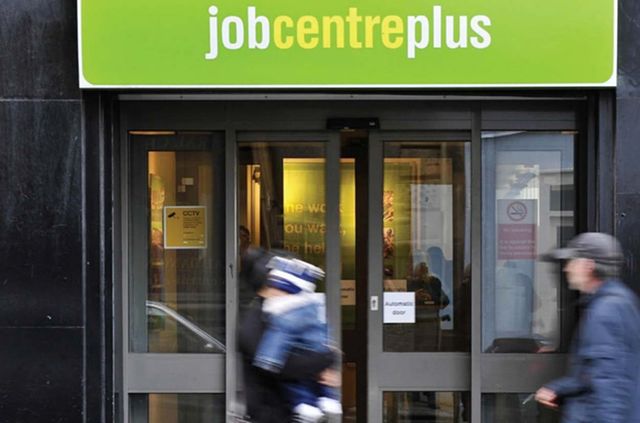Professor Sheila Ellwood, Professor of Financial Reporting at the University of Bristol, outlines her research on the influence of presence and position of women on the boards of directors of NHS Foundation Trusts.
Across the UK and more widely, there are moves to increase the number of women on boards. Some countries have quotas, such as Norway, Spain and Iceland. Some countries require companies to “comply or explain”, as in the UK, Denmark and Sweden. Other measures are less explicit. The rationale is largely to improve female representation and increase board diversity in public and private sector corporate governance.
Along with Javier Garcia-Lacalle, a colleague from the Universidad Zaragoza in Spain, I undertook a study to look at the impact of greater female representation. We examined the influence of women on the boards of directors of NHS Foundation Trusts in England, and the resulting implications.
How does the position of women and high levels of gender diversity on boards of directors affect organisational performance when social performance is paramount?
We found that once a critical mass of women in decision-making positions on boards has been reached, there is little further effect on performance. A high female presence among executive and non-executive directorships does not result in significant differences either in financial goals or service quality. There is no effect on financial performance; positive or detrimental.
Equally, evidence suggests that female presence on boards positively affects corporate social performance[1]. Women are considered more socially oriented than men, resulting in more effective board decision-making, particularly on aspects related to social responsibility.
However, we found that in order for female presence to be effective, women need to be in the most prominent position on boards: Chief Executive or Chair. This is particularly important if boards are to achieve corporate social objectives.
Continue reading →









